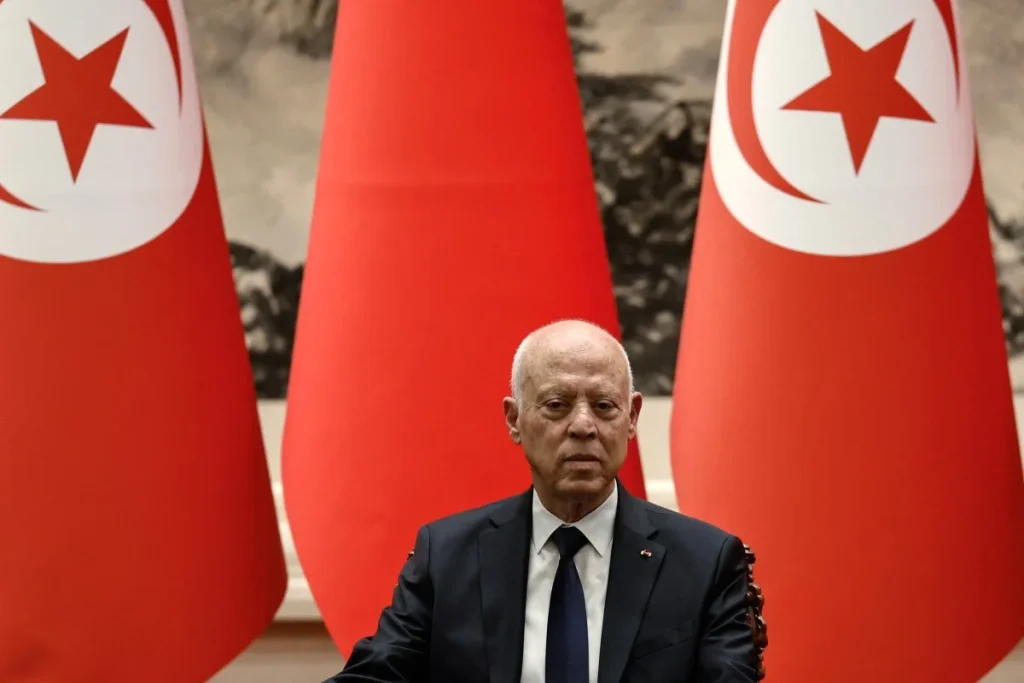On August 1, 2023, Tunisian President Kais Saied dismissed Prime Minister Najla Bouden without public explanation, replacing her with Ahmed Hachani, a former central bank executive. The announcement, made via a late-night press release and video from the presidency, marked the end of Bouden’s tenure as Tunisia’s first female prime minister. Hachani, a relatively unknown figure who studied law at the University of Tunis alongside Saied, was sworn in at Carthage Palace, tasked with addressing what Saied called “colossal challenges” facing the nation.
Economic Struggles Fuel Decision
Though no official reason was provided for Bouden’s dismissal, local media reports suggest Saied’s frustration stemmed from persistent shortages of subsidized bread in state-run bakeries, a critical issue for Tunisians. “Bread is a red line,” Saied recently declared, reflecting fears of unrest reminiscent of the 1984 bread riots that claimed 150 lives. Tunisia has faced months-long shortages of staples like flour, semolina, sugar, coffee, and cooking oil, attributed to the country’s inability to pay suppliers in advance amid a deepening economic crisis.
Hachani’s Daunting Task
Hachani steps into a challenging role as Tunisia grapples with a public debt of 80% of GDP, sluggish 2% economic growth, and 15% unemployment. During the investiture ceremony, Saied emphasized the need to “protect our homeland, our state, and social peace.” Hachani’s background in human resources at the central bank and his prior role at the Finance Ministry may inform his approach to stabilizing the economy, but his lack of public profile has raised questions about his readiness for the role, with some critics on social media noting his retirement status and limited economic expertise.
Political Context and Criticism
Bouden’s dismissal follows Saied’s 2021 power consolidation, which included suspending parliament and ruling by decree, moves critics labeled a “constitutional coup.” Her government struggled to address Tunisia’s financial woes, including securing a $1.9 billion IMF loan stalled by Saied’s rejection of subsidy cuts. The opposition has decried Bouden’s exit as a symptom of Saied’s centralized control, with one X user stating, “She was expelled through the small door,” reflecting broader discontent with Saied’s governance style.
A Critical Juncture for Tunisia
As Hachani assumes leadership, Tunisia faces mounting pressure to address shortages and stabilize its economy. Recent government meetings have focused on bread supply issues, but systemic challenges like a bloated public wage bill and reliance on foreign aid persist. With Saied’s rule under scrutiny, Hachani’s ability to navigate these economic and social hurdles will be crucial in averting further unrest and steering Tunisia toward stability.






